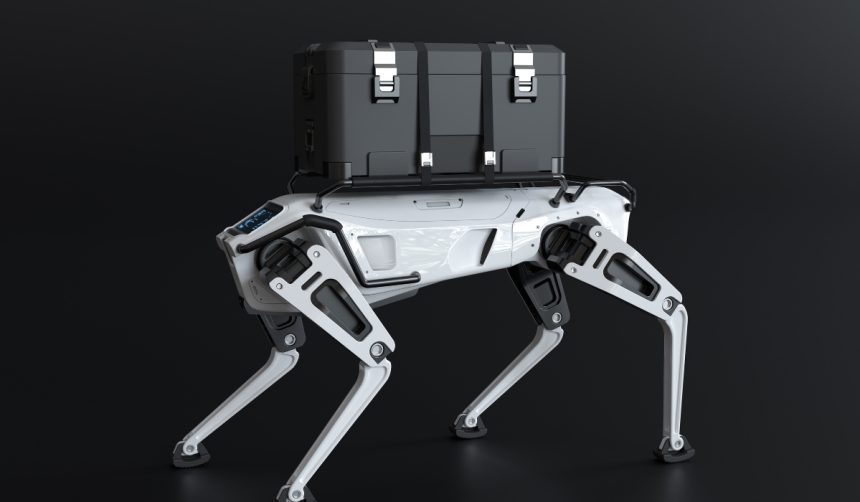Automated solutions have become increasingly central to retail environments as stores seek greater operational efficiency and improved customer service. Addressing this demand, Badger Technologies LLC has introduced its Digital Teammate platform, aiming to work alongside store associates with its autonomous mobile robots (AMRs). These robots are designed to manage a range of routine tasks in retail settings, potentially allowing human employees to focus on more customer-centric duties. Interest in digital collaboration tools is growing among retailers who wish to streamline workflows without reducing their workforce, making such technology timely.
Recent developments by Badger Technologies can be contrasted with earlier retail robotics efforts that focused narrowly on inventory or hazard detection. While many initial deployments featured basic shelf-scanning and alerting, the current generation of the Digital Teammate places a larger emphasis on integration, mobility, and data analytics. Competing solutions from other providers have also begun to incorporate RFID and interactive features, but the combination of multipurpose capability, retail media, and advanced analytics in a single platform represents a notable expansion in the types of tasks that AMRs are handling in stores. This suggests the field is moving toward more comprehensive and versatile robotic assistants throughout retail chains.
How does the Digital Teammate support in-store operations?
Digital Teammate leverages both hardware and proprietary software to support store associates with inventory management, shelf planogram compliance, and hazard detection. The system provides real-time insights by triangulating expected versus actual inventory using RFID technology and computer vision, helping employees prioritize tasks and maintain accurate pricing. A mobile application extends access to operational data across all levels of staff, from shop floor associates to upper management, fostering data-driven decision making.
What role does RFID play in the new platform?
RFID detection is central to the latest enhancements in the Digital Teammate, enabling the simultaneous scanning of multiple items and automating the tracking of expiration dates.
“The value proposition for robotics is at an industry inflection point right now,”
noted Emil Martinez, CEO of Badger Technologies. RFID integration is expected to bolster food safety, minimize expired product waste, and facilitate proactive restocking, thereby benefiting both store operations and consumer safety. The robot’s tablet interface also offers interactive guidance and store navigation for shoppers, especially appealing to younger, tech-savvy customers.
Will robotics improve workforce productivity without eliminating jobs?
Badger Technologies positions its robots as collaborative digital teammates, designed to augment rather than replace human labor. By taking over repetitive and time-consuming duties such as hazard identification and shelf scanning, the robots free up associates for more personalized and engaging customer interactions. The company highlights use cases where AMRs have contributed to notable improvements in labor productivity and inventory accuracy, emphasizing that cross-location operational data can help refine training and staffing allocation.
Over 1,000 Badger Technologies robots have logged more than 30 million miles across various U.S. retailers, including grocery, hardware, and home improvement stores. The company claims its technology has led to increased accuracy in shelf scanning, inventory monitoring, and out-of-stock detection, often exceeding human accuracy. The introduction of retail media options and the forthcoming “robot college” demonstrates Badger’s ongoing investment in training and customization for both their machines and human counterparts.
Introducing the Digital Teammate signals an increased commitment to deploying robotics as supplements to—the rather than replacements for—human staff. While past implementations often sparked concerns about job losses, Badger Technologies publicly emphasizes the collaborative aspect of the robot-employee relationship. For stakeholders evaluating automation investments, RFID integration, actionable data, and customizable roles are critical factors influencing both the appeal and acceptance of these technologies in-store. Retailers benefit most when deploying these robots to handle repetitive tasks, freeing up employees to focus on service and store presentation, and using the generated analytics to drive continual process improvements.
- The Digital Teammate works with staff for inventory, safety, and precision tasks.
- RFID enhances speed, inventory accuracy, and product management across retail settings.
- Robotic assistants are being adopted to complement—not replace—human employees.










